Alcohol interlock devices are part of a recently introduced program aimed at reducing drink driving offences in Queensland. An interlock is fitted to vehicles which does not allow the vehicle to be started or driven until the driver registers a blood alcohol reading of 0.00%.
Courts cannot waive an interlock condition, as it is a condition imposed upon a person’s license, rather than a ‘punishment’ imposed by a court.
A person becomes required to have an interlock device installed if they are convicted of any of the following:
- Drink drive, with a reading over 0.10% (middle range or higher);
- Drive whilst under the influence;
- Failure to provide blood/breath specimen;
- Dangerous driving whilst affected by alcohol;
- Repeat drink driving offences within 5 years.
After serving the necessary disqualification period, a person is then required to have an interlock device fitted all vehicles they drive for a period of at least 12 months.
Some important other matters regarding interlock devices are as follows:
- Cost – the person with the interlock requirement is responsible for all costs associated with the installation, regular maintenance and removal of the interlock device;
- Compliance – regular servicing of the device is required, and all breath test data is monitored.
- Penalty – driving without an interlock device when required or tampering with the device can result in further penalties, including fines, additional license disqualification as well as extensions of the interlock period.
Whilst there are exemptions to the interlock requirement, any exemption must be applied for by way of submission to the Department of Transport.
Exemptions are limited to the following categories:
- Medical exemption
Unable to provide a specimen of breath
- Geographic exemption
No interlock services available
- Vehicle exemption
Do not have access to vehicle/vehicle cannot support an interlock device
- Work-related exemption
In limited cases, where the interlock would significantly impact the person’s employment
- Financial hardship
In rare cases, extreme financial hardship might be considered
- Extraordinary circumstances
Other exceptional situations may be considered on a case-by-case basis
Exemptions are rarely granted and can only be applied for after the court proceedings are finalised, meaning a person does not have the requisite information about their punishment before finalising their court matter.
This adds to the complexity for lawyers to give accurate and appropriate advice to those charged with relevant driving offences.
Interlock requirements and work licenses
A person convicted of drink driving may, in certain circumstances, be eligible for a work license.
If a person registers a BAC reading of between 0.10% – 0.15%, then not only are they required to comply with an interlock requirement but are also eligible to be granted a section 87 work license.
Work licenses are granted only in circumstances where the court is satisfied that the absence of a license would cause a person to lose their employment.
Often, a person’s employment requires them to operate different company vehicles or hire cars. When granting a work license, courts can formulate and impose conditions to allow for these relatively common work requirements. However, an issue arises when the interlock condition is imposed by the Department of Transport.
The interlock program does not contemplate common work requirements, such as the need to utilise various vehicles such as fleet vehicles or hire cars.
Situations such as these undermine the court’s discretion to permit people to apply for and obtain a work license, after convictions for certain driving offences. Necessarily, any recipient of a work license that is then impeded from driving due to the interlock requirement, would lose their employment and means to earn a living.
The granting of a work license occurs only after the court is satisfied with certain legislative requirements. An interlock mandate effectively makes the work license regime redundant and erodes the court’s ability to determine when a person is ‘fit and proper’ and should appropriately be permitted to continue to drive for work purposes.
It is Government initiatives such as this that, in effect, interfere with the independence and discretion of the court and specifically the discretion surrounding the granting of work licenses.
It is also difficult to comprehend how a mandatory program such as the interlock program can have a globally positive effect, in circumstances where more people will lose their livelihoods as a result of the program. After all, it is why s87 work licenses were enacted in the first place.
Should you or those close to you require assistance in relation to traffic offences, disqualifications, work licenses or advice regarding the interlock program, you should contact Jones + Associates at (07) 32293 166.

